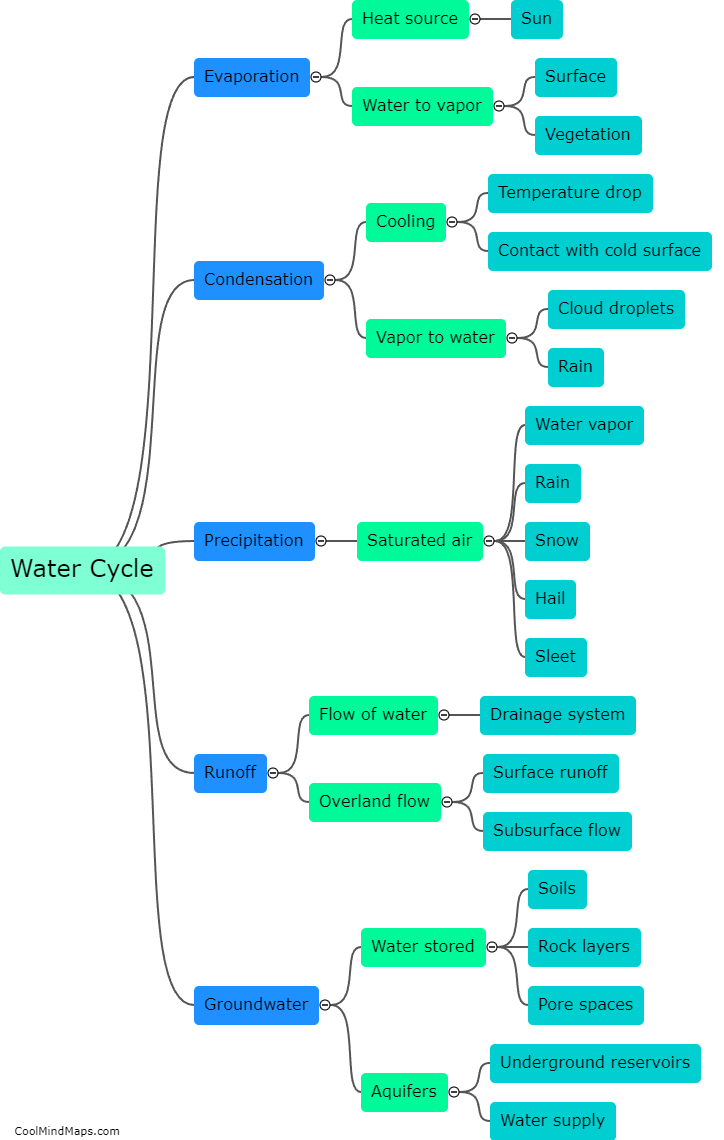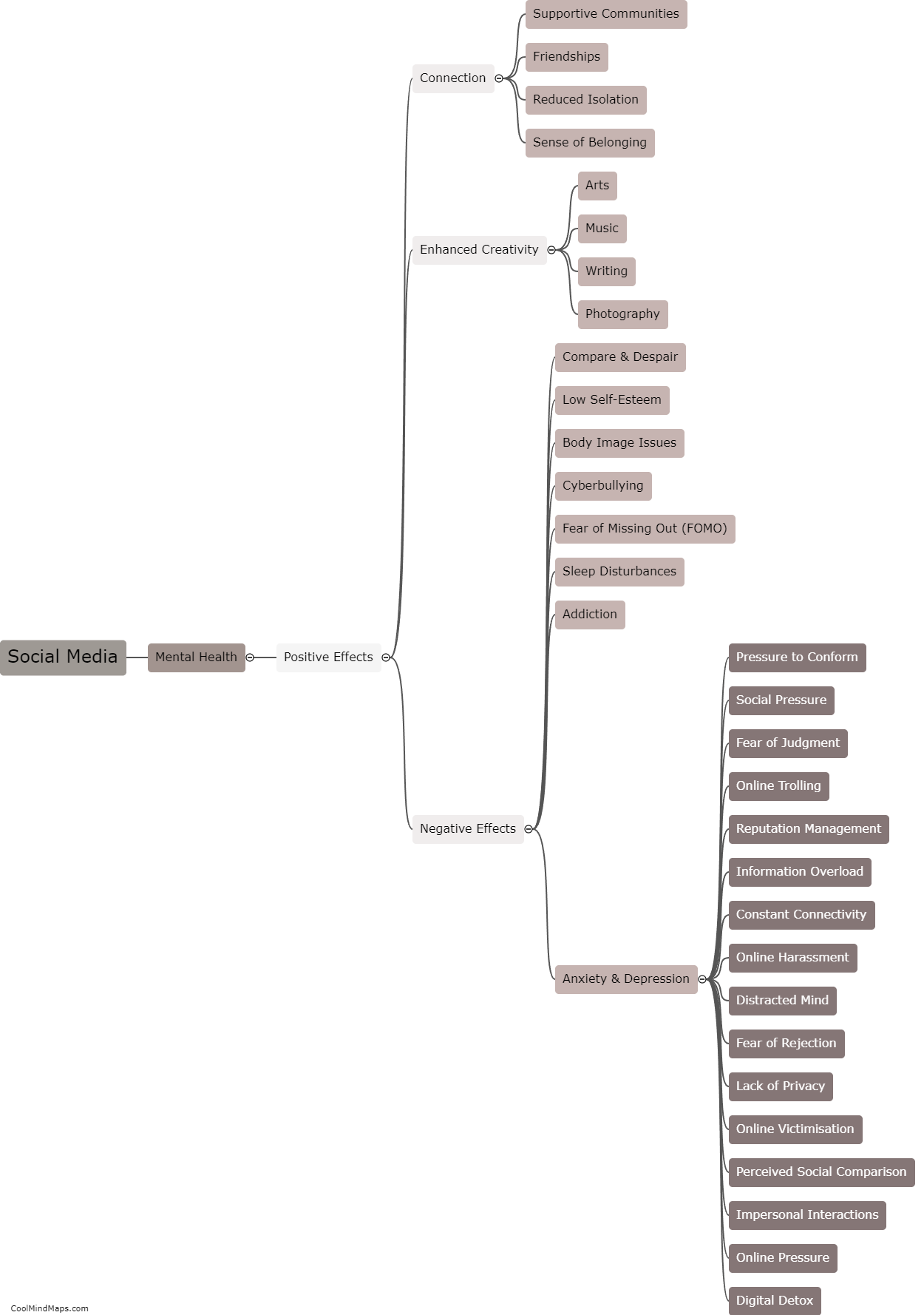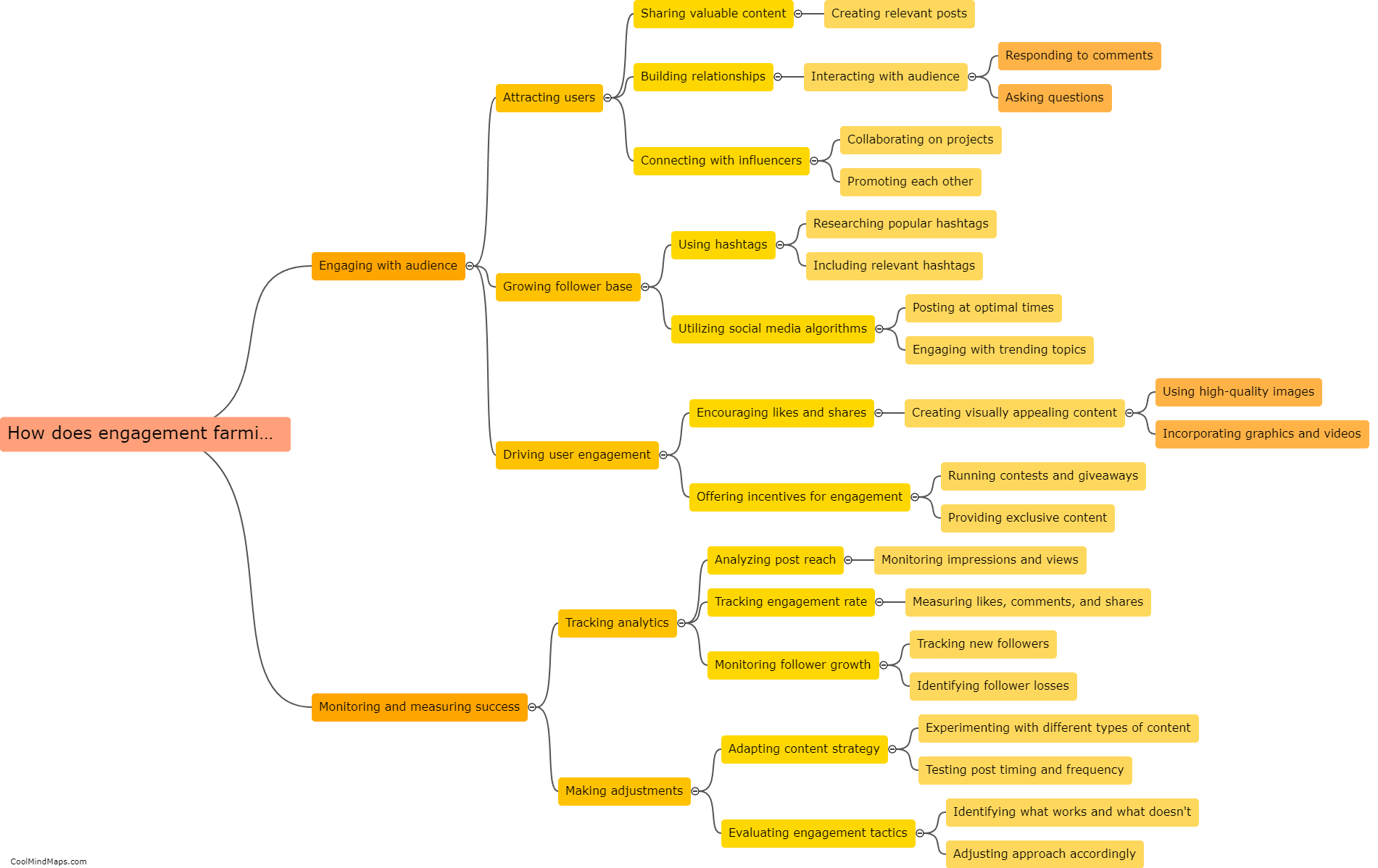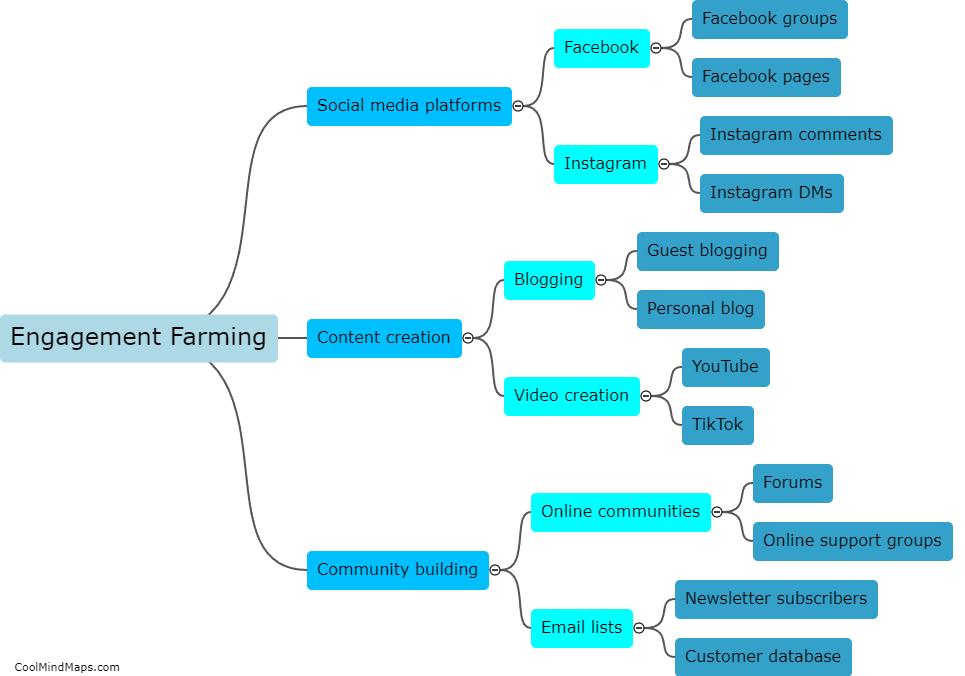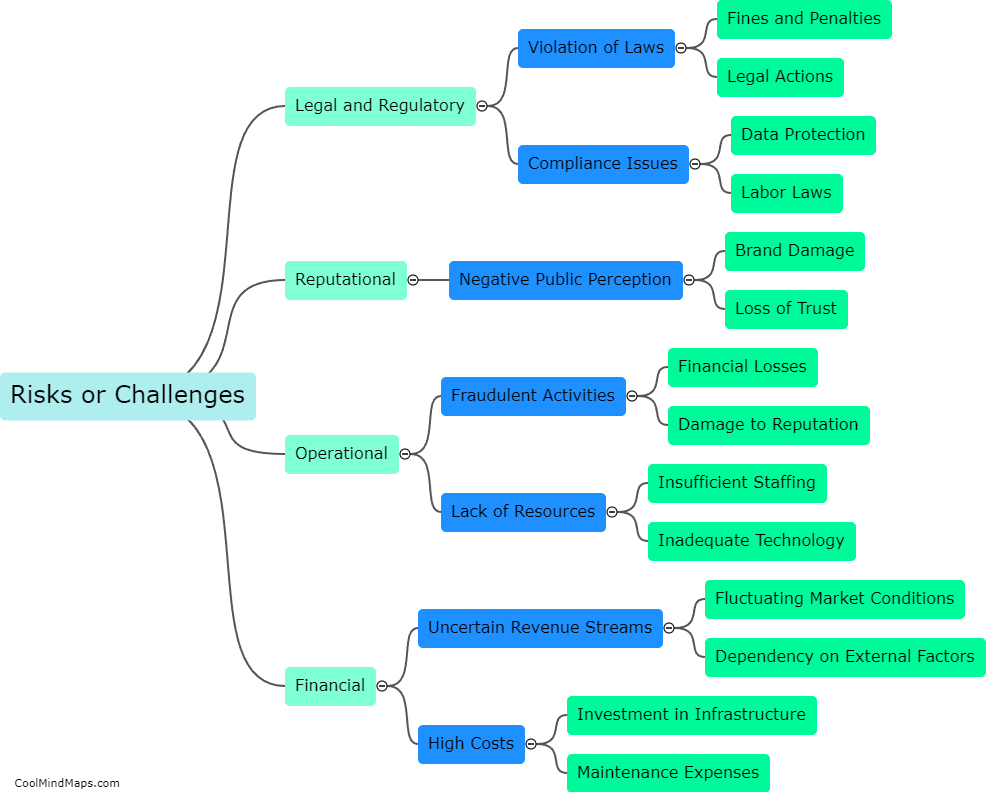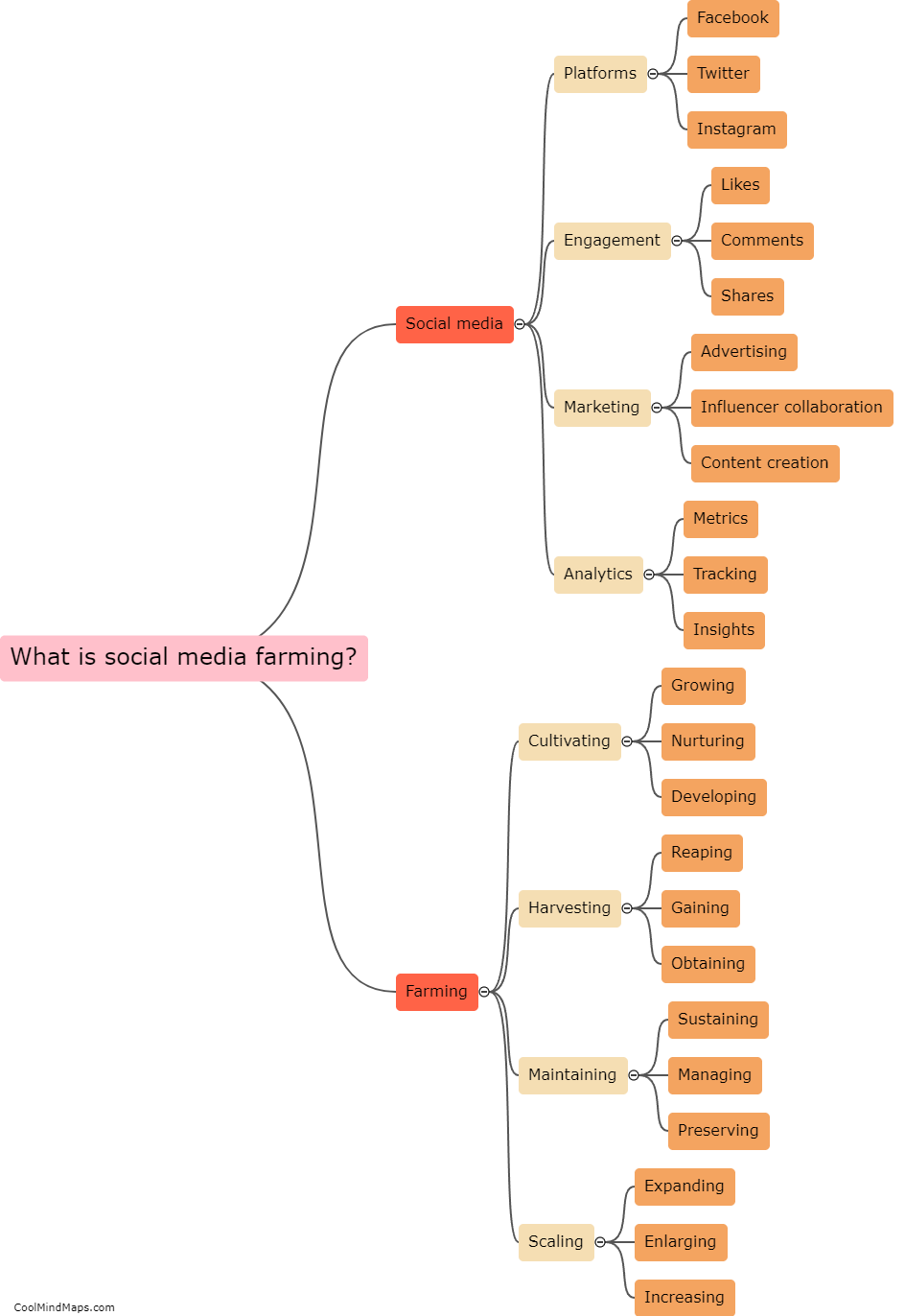What are the key components of effective engagement farming?
Effective engagement farming refers to the strategic approach of building and nurturing meaningful relationships with stakeholders to drive engagement and support for a cause, organization, or business. Key components of this process include targeted audience identification, personalized communication, active listening, and continuous relationship-building efforts. Firstly, identifying the target audience is crucial, as it enables tailoring messages and activities to resonate with their interests and needs. Personalized communication is another essential element, ensuring that interactions are more empathetic and relevant to the individuals involved. Active listening plays a significant role in engagement farming, as it allows for understanding stakeholder perspectives and incorporating their feedback into decision-making processes. Lastly, continuous relationship-building efforts, such as regular communication, sharing valuable content, and recognizing supporters, help to maintain and strengthen the engagement over time. Ultimately, the key components of effective engagement farming revolve around understanding, connecting, and nurturing relationships with stakeholders to foster meaningful engagement.
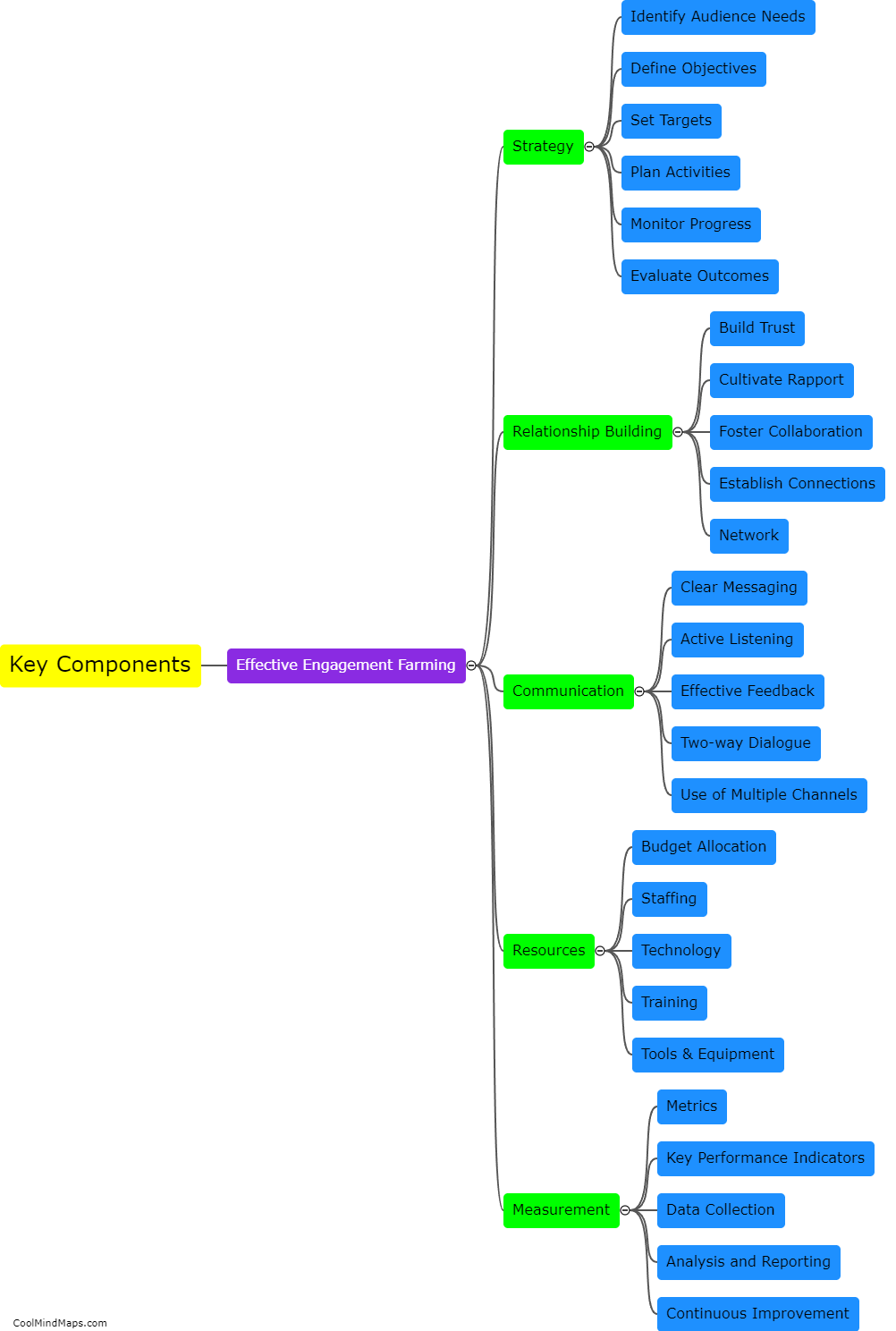
This mind map was published on 5 October 2023 and has been viewed 87 times.


